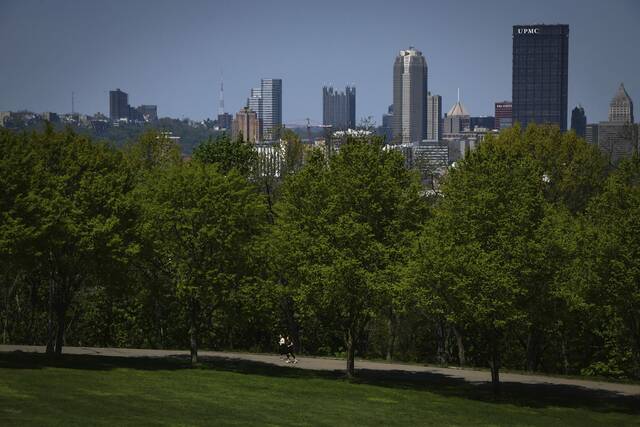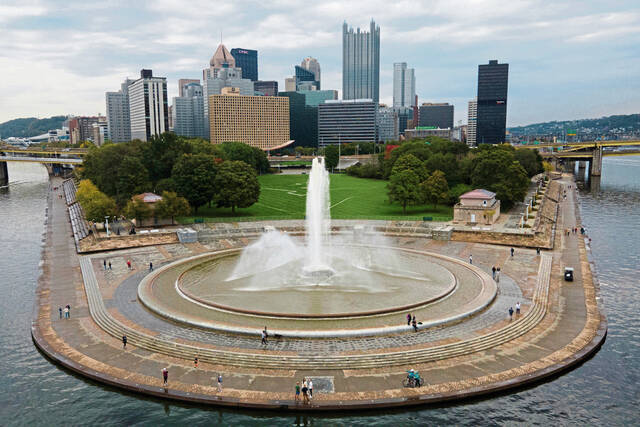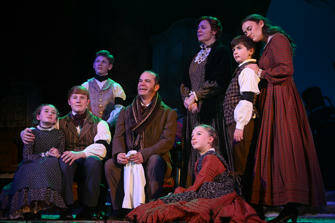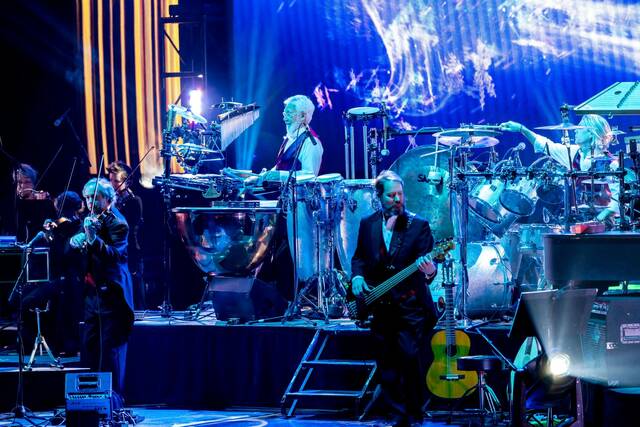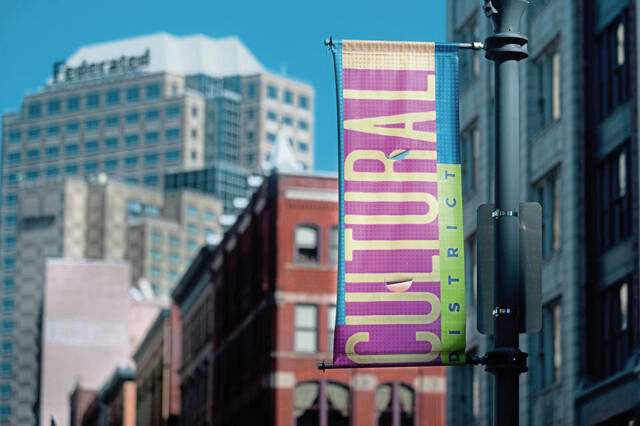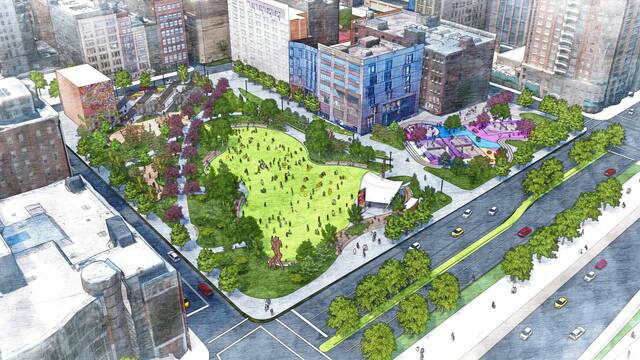Much of the money collected through Pittsburgh’s parks tax will go to maintenance and necessary equipment. However, none of the money is going to the Pittsburgh Parks Conservancy, the independent nonprofit that advocated for the tax, in the proposed 2023 budget.
Some Pittsburgh City Council members on Thursday questioned whether the money is being correctly spent.
The priority for the parks tax money in the 2023 budget is to “catch up on a history of deferred maintenance” in the city’s parks, Director of the Office of Management and Budget Jake Pawlak said. About 66% of the money allocated for the tax will be spent on capital projects.
The 0.5-mil tax was first collected in 2021, and the city began spending the funds this year. The tax, which was approved by voters in a ballot referendum in 2019, is meant to provide supplemental funding for the city’s parks.
The city collected about $9 million from the tax in 2022 — which was not spent this year, as the city spent only what had been collected the prior year — and the city is projected to garner about $10.9 million more in 2023, Pawlak said. The 2023 budget plans to expend most of those funds, but leave about $4 million in the parks tax trust fund at the end of next year.
The proposed 2023 budget looks to spend about $2.3 million on needed mechanical equipment upgrades for Schenley Park ice rink, $150,000 for a new trail asset management plan, $175,000 for new pool lockers and $175,000 for fitness equipment for recreation centers throughout the city.
Also included in the budget is money to upgrade McKinley Park Trail, Grandview Avenue Play Area and Eleanor Play Area. An additional $2.25 million has been set aside for Manchester Spray Park, while renovations to the Moore Park recreation building in the city’s Brookline neighborhood will total over $1.9 million.
The budget also proposes over $2.8 million to buy an inspector car, two rat packer trucks, eight hybrid pickup trucks, eight one-ton dump trucks, an agricultural tractor, two backhoes, a one-ton forestry dump truck, two forestry pickup trucks, two highlifts, a mini excavator and two skid steers for the Department of Public Works.
Councilman Bobby Wilson said he didn’t like the idea of using parks tax money to buy vehicles.
Council President Theresa Kail-Smith agreed.
“I’m not crazy about using the money from the park tax,” Kail-Smith said. “I don’t think that’s what the residents intended.”
Pawlak said the vehicles are needed to maintain parks — for another three to five years.
Director of Public Works Chris Hornstein said those vehicles will be used solely for park maintenance and other work in the city’s parks. Vehicles of “multi-purpose nature” that would also be used outside of parks are not being purchased with parks tax dollars, Pawlak said.
None of the money gathered through the parks tax will go to the Pittsburgh Parks Conservancy in the proposed budget, though the conservancy still works closely with the city in many parks and advocated strongly for the tax.
Pawlak said the administration is open to leveraging further partnerships with the organization in the future, but felt the city needed to do its own maintenance work first.
The parks tax referendum said only that the city may use the money to partner with a conservancy, but did not demand that they do so, officials said.
“There was a lot of, I felt, murkiness,” Councilwoman Deb Gross said of the referendum.
Wilson said he felt there was “vagueness” in descriptions of how the money was to be spent.
Gross highlighted that the Pittsburgh Parks Conservancy has not been left out of the equation just because they aren’t directly receiving funds from the parks tax. They still have over 50 active agreements in the city, she said, and remain “very much an active participant” in the parks.
Pittsburgh’s parks also get funding outside of the parks tax. The city is dedicating $15 million in American Rescue Plan Act to parks, Gross said, and the Heinz Endowments recently gave the city $2 million for an athletic field in the Homewood neighborhood.


